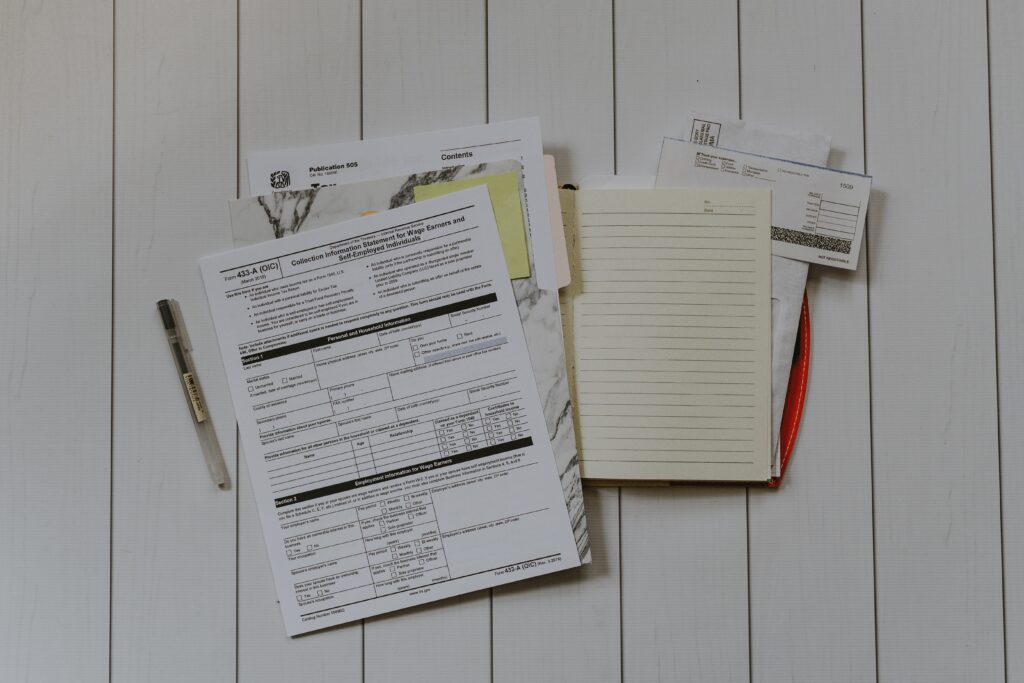Organizing your important papers and getting your personal and financial affairs in order is a wise move and wonderful gift to your family. The Daily Journal’s article entitled “How to get your affairs in order” says to collect your important personal, financial and legal information. Then meet with an experienced Elder Law Estate Planning Attorney. Here is a list of areas on which to focus your organizing efforts:
- Contacts: Make a list of names and phone numbers of close friends, doctors, lawyers, accountants, brokers and insurance agents.
- Medical information: Include a list of medications you take, along with any allergies and illnesses.
- Personal documents: These are things like your birth certificate, Social Security card, marriage license, tax records and military discharge papers.
- Digital assets: List your digital assets, including everything from social media accounts to online banking accounts to home utilities you manage online. It should include usernames and passwords.
- Pets: If you have a pet, give instructions for their care.
- End of life: Indicate your wishes for organ and tissue donation and state your funeral instructions. If you have made pre-arrangements with a funeral home, include a copy of the agreement, the contact information and if it is prepaid.
- Will and trusts: Include the original copy of your will and other estate planning documents.
- Advance health care directives: A living will and medical power of attorney state your wishes as to your end-of-life medical treatment, when you can no longer make decisions for yourself.
- Financial accounts: List your bank accounts, brokerage and mutual fund accounts and any other financial assets.
- Debts and liabilities: State any loans, leases or debts you have — mortgages owed, car loans, student loans, medical bills, credit card debts, along with a list of all credit and charge cards, including the card numbers and contact information. Organizing this information will save your family hours of frustration.
- Company benefits: List any retirement plans, pensions, or health benefits from your current or former employer, including the contact information of the benefits administrator.
- Insurance: List the policies you own, such as life, long-term care, home, auto, Medicare, Medigap and prescription drugs. Add policy numbers, agents and contact info numbers.
- Property: Note your real estate, vehicles and other properties you own, rent, or lease and include documents, such as deeds, titles and loan or lease agreements.
Gather all your organized information and files in a convenient location, like a fireproof filing cabinet or safe in your home. Review and update it every year, and do not forget to tell your loved ones where it is located. Talk with an experienced Elder Law Estate Planning Attorney to ensure you have everything in order. Contact McNair Dallas Law today to get started.
Reference: Daily Journal (Jan. 6, 2022) “How to get your affairs in order”




